With billions of people on lockdown worldwide because of the coronavirus pandemic, the natural world has been given a taste of life with fewer people around. Many animals seem to be making the most of this human-free time.
In the town of Llandudno in Wales, Kashmiri goats normally roam the nearby hills. But as the town quieted down because of the lockdown, the goats became more brave and curious. They began wandering through the town, exploring the strangely empty streets, and eating bushes and flowers.
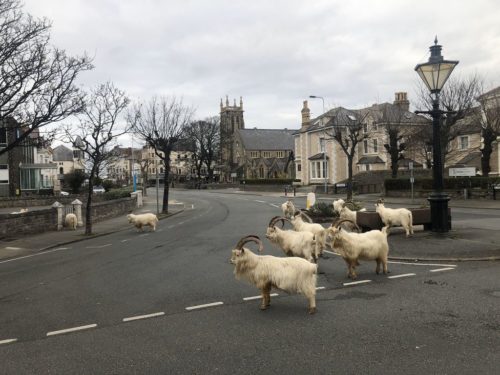
(Source: Andrew Stuart (@andrewstuart), via Twitter.)
It’s not just there. In Nara, Japan, Sika deer have been roaming through the streets and the subway stations. In April, a kangaroo hopped through the streets of Adelaide, Australia.
In Israel, wild boars and jackals have been seen in the streets. Coyotes have been spotted in US cities like San Francisco and Chicago. In Santiago, Chile, cougars have come in from the neighboring jungle. One cougar got trapped in an apartment building.
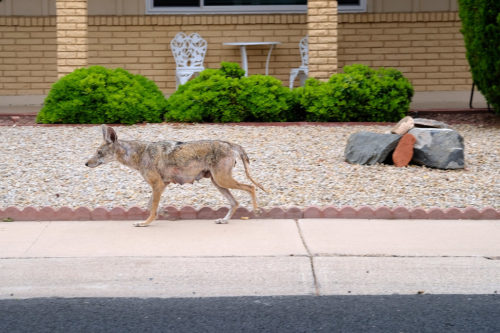
(Source: Tony Cyphert, via Flickr.com.)
But it’s not just animals visiting cities. Many animals are doing better in their own homes now that humans are no longer bothering them.
Leatherback turtles are the world’s largest sea turtles. They’re also threatened and in danger of dying out in some places. But in Florida this year, scientists have found an increase in turtle nests. Around 75 nests have been found – much more than last year.
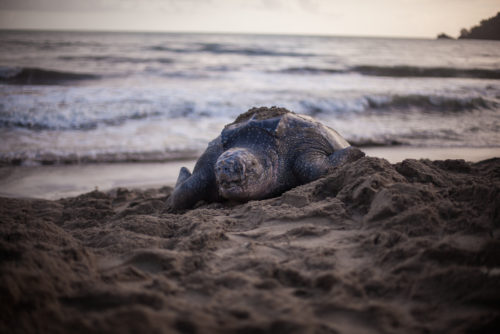
(Source: Jordan Beard [CC BY-SA], via Wikimedia Commons.)
Scientists can’t say for sure how much of the increase is due to lockdowns, but it is known that tourist activity on beaches destroys many nests.
Thailand also saw an increase in its leatherback turtle nests. With the country on lockdown and without tourists, scientists found 11 turtle nests this year – the most they’ve found in 20 years.
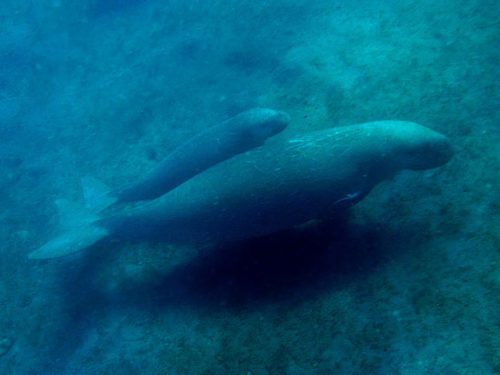
~(Source: Nick Hobgood [CC BY-SA], via Wikimedia Commons.)
Thailand’s lockdown has also been good for dugongs. Dugongs are threatened sea animals, similar to manatees. With waters now quieter, workers at one of Thailand’s national parks have been filming and reporting on large groups of dugongs relaxing in the water.
Similar things are happening in other places. The Bosphorus is a narrow strip of water running by Turkey’s largest and busiest city, Istanbul. Normally, there is so much boat traffic and pollution on the Bosphorus that dolphins seem to stay away.
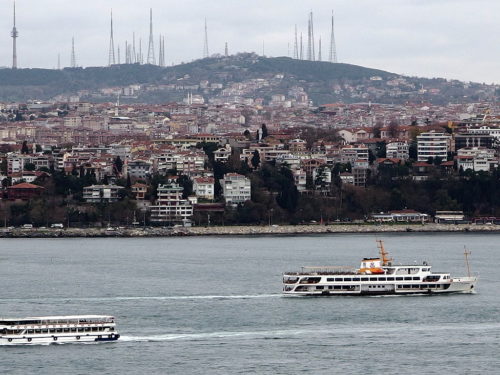
(Source: Mark Ahsmann [CC BY-SA], via Wikimedia Commons.)
Now, after weeks of lower boat traffic and less water pollution, dolphins have been seen swimming and jumping in the Bosphorus.
Not only have air and water pollution dropped during the pandemic. Because fewer people are operating machines (including cars and trucks), noise pollution has also dropped. That’s made it easier for birds in cities to make themselves heard.
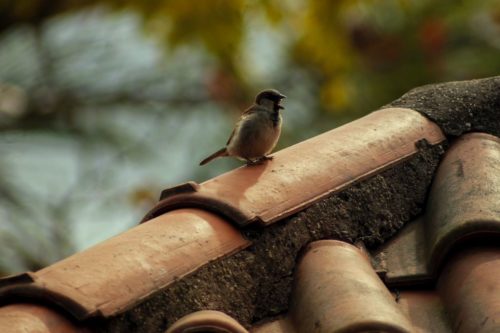
(Source: Julia Craice, via Unsplash.)
On weekdays, birds sing louder. They have to in order to make their calls heard over the traffic noise. On weekends, they sing more quietly. Scientists can’t be sure yet (Most scientists are also locked down!), but it’s likely that birds are able to sing much more quietly during lockdown, too.
Scientists say the lower noise levels are good news for the chicks. It means that more of them are likely to survive and grow up healthy.
